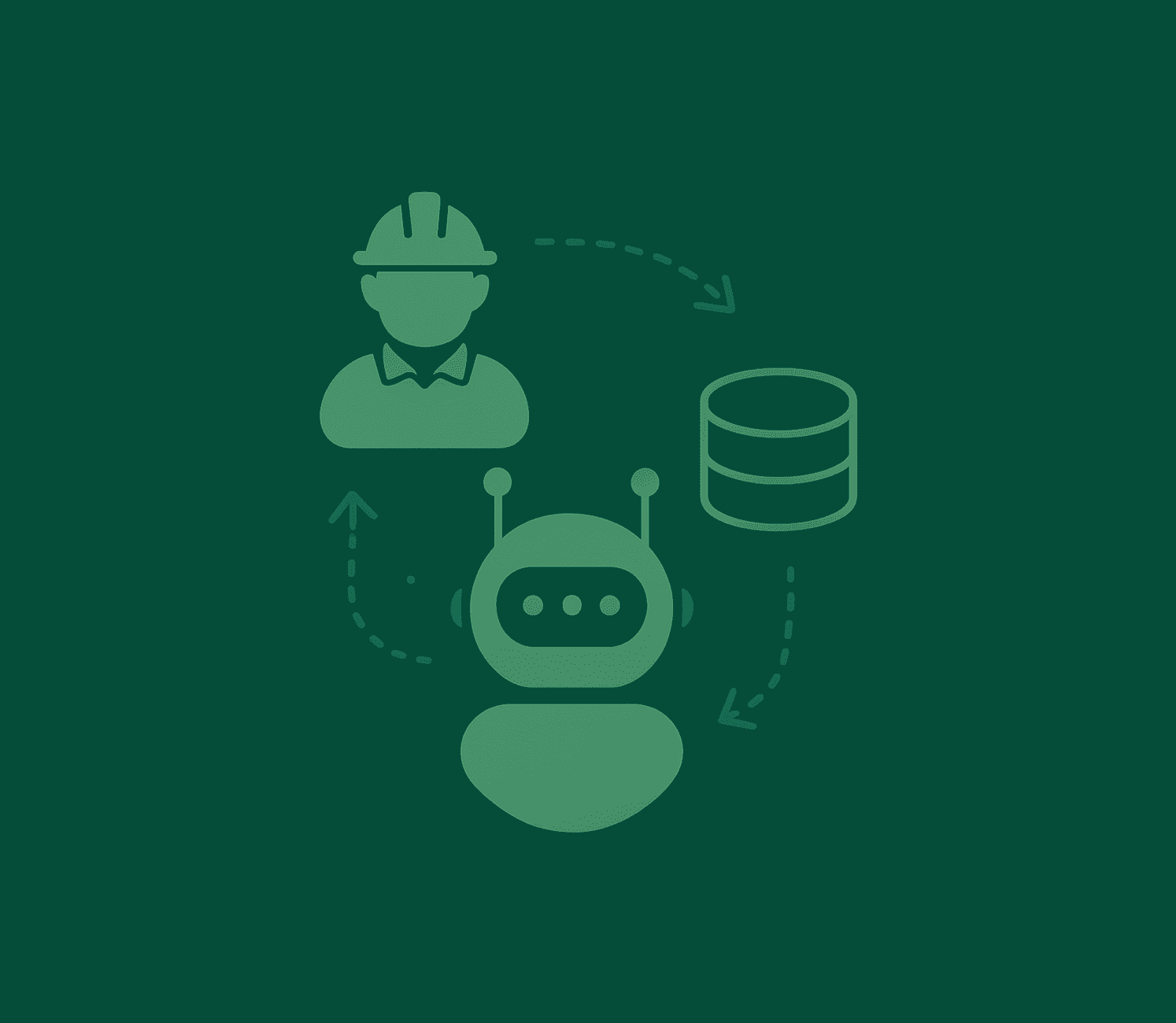Over the past decade, we’ve seen countless trends sweep through R&D teams. Some came and went in a flash. But if we zoom in on the ones that stuck around - and actually evolved - we’ll notice a common theme: they all aim to break down walls between teams, simplify handoffs, and shift more ownership into the right hands.
We saw this over a decade ago with the rise of DevOps. By pulling operations practices into development teams, companies were able to tear down silos, boost collaboration, and ship code faster and more reliably.
Today, we’ve leveled up again. This time with Platform Engineering - a natural evolution of DevOps. Platform teams give developers the power to handle infrastructure like they handle code: structured, iterative, and automated. The result? Cleaner workflows, faster feedback loops, and devs who can move at full speed without waiting on someone else to unblock them.
We live in a fast-paced world, where the goal is to ship value as quickly as possible - without breaking everything in the process. And honestly, it just makes sense. No one wants to work at a place where projects are spread over months, and when they do, you're stuck in the office until midnight, crossing your fingers that nothing blows up.
One of the most exciting and disruptive spaces right now is, without a doubt, the AI revolution. And at its core, AI is really just data. Massive amounts of it.
Now, when we connect the dots between the biggest, most lasting trends of the past decade and this shiny new player on the block, we get a pretty clear picture:
The natural owners in the organization for data creation, ownership, and observability are the people who already have the most context: data producers. They know the data. They know how it's structured, what it's for, and how it's used. And when they're empowered to own that data end-to-end? Magic happens.
When data producers are given full ownership of their data, a few awesome things start to happen:
Ensure data quality. Data producers can directly monitor and maintain the accuracy and integrity of the data they produce. That means catching and fixing issues faster, with less back-and-forth and way less stress.
Accelerate feedback loops. Spot an anomaly? Fix it on the spot. Data producers can respond instantly to data issues, reducing communication overhead and keeping things moving smoothly.
Eliminate silos. No more tossing data over the fence to specialized teams. Breaking down those walls leads to faster iteration, tighter collaboration, and more empowered teams.
We’ve already seen what developer ownership did for infrastructure - it gave rise to DevOps and Platform Engineering. The same shift is now happening with data, and here’s how it plays out:
Data observability. Dev and platform teams already monitor infrastructure like pros. Bringing those same practices to data means real-time visibility, proactive issue detection, and faster incident response.
Data creation. Just like “infrastructure as code” transformed ops, shifting data left brings consistency, version control, and higher reliability.
Data governance. When governance is handled by the people closest to the data creation and the business logic, it becomes practical, contextual, and actually usable.
But wait! It’s not that simple:
If we truly want to hand data producers full ownership of the data lifecycle - creation, quality, observability, governance - we can’t just give them the responsibility and walk away. We have to give them the right tools.
Data producers, whether it's engineers or business users, are already juggling a lot, and their time is incredibly valuable. Adding more to their plate without streamlining the process just leads to burnout, frustration, and context-switching chaos.
But with precise tools built right into their existing workflows, we set them up for success. We help them stay focused, work neatly, and move fast, without compromising on quality or reliability.
If we want the benefits- faster feedback loops, higher data quality and better collaboration without slowing down deployments, then the path is clear:
Empower data producers with ownership. Equip them with the tools. And then get out of their way.

